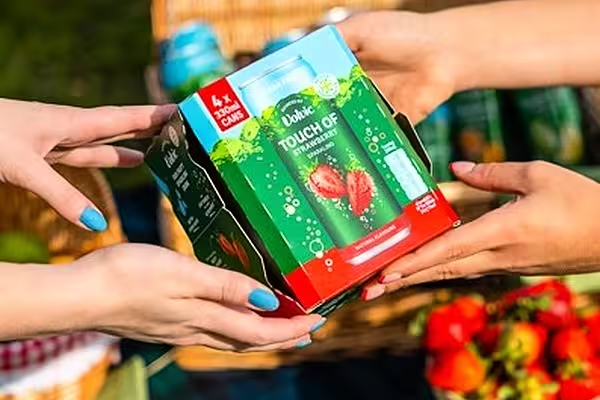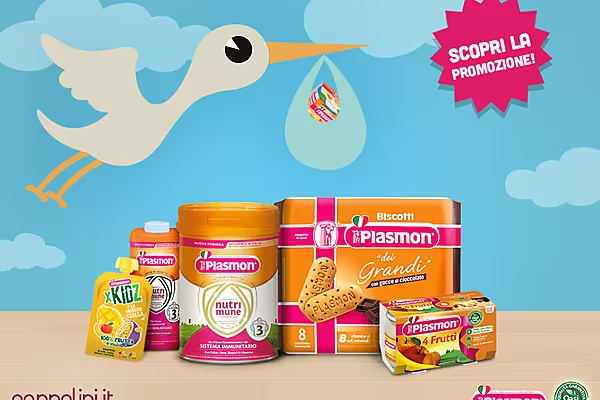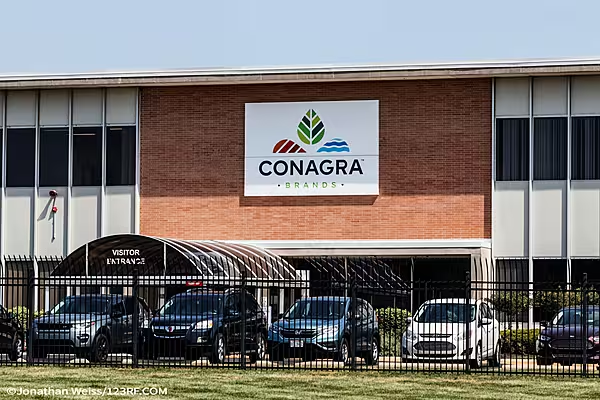Nestlé has reported full-year organic sales growth below expectations as the company continued to hike prices.
Organic sales rose by 7.2% in the year ending 31 December. Analysts had on average expected organic sales growth of 7.4%.
The price hikes, as a result of rising material costs, have prompted some shoppers to turn to competing brands.
Nestlé’s shares fell by more than 4% in early London trade, hitting their lowest point in almost four years.
Investors have expressed concern that the packaged food company will fail to win back customers even as it slows the rate of price increases.
The Swiss firm also said it expects organic sales growth of about 4% in 2023, and a “moderate increase” in its underlying trading operating profit (UTOP) margin.
The 2023 UTOP margin was 17.3%, up by 40 basis points in constant currency.
Price Increases
For more than two years, the packaged goods industry as a whole has hit shoppers with price hikes.
This is due to higher input costs that started with the Covid-19 pandemic and were exacerbated by Russia’s invasion of Ukraine.
Nestlé has also been impacted by unrest in the Red Sea, raising the price of freight transportation.
The company also revealed that it has experienced "hesitancy among consumers and a preference for local brands" in the Middle East since the Gaza conflict began.
This quarter, packaged goods companies have said that 2024 prices will rise at a much slower rate.
That sentiment was expressed by Nestlé chief executive Mark Schneider.
“Growth going forward this year is going to be a lot more volume and mix based,” he said.
The company’s full-year sales fell by 1.5% to about 93 billion Swiss francs, missing estimates of 93.68 billion Swiss francs.
Nestlé’s results may fuel the debate among investors as to whether companies have pushed price hikes too far.
Barclays analyst Warren Ackerman said the main questions for investors will be how Nestlé can recover volumes and whether it has increased prices too much.
"The acid test will be improving market share momentum and innovation to drive (volume) in FY24," he said.









